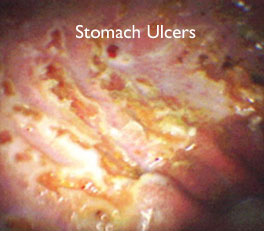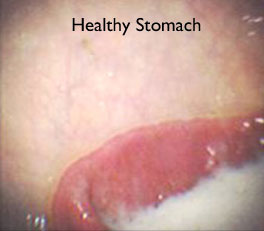Causes and Symptoms - suffering in silence
Sadly most horses don’t show any symptoms, and some are so hard to spot - for instance, many of us wouldn’t know if our horse was only feeling or performing at 90/95%
The ‘problem’ with horses is that they are amazing at carrying on, no matter what, so are totally reliant on us humans to constantly observe their physiology, mood and general well-being and making it our responsibility to be proactive when we notice any possible signs of discomfort - physiological and/or psychological or simply that our intuition as a horse-person is telling us that something isn’t right.
Causes: stress, diet, regime
Our horses are flight animals and as such are prone to stress, which induces ulcers. However, the unnatural regime we keep them in also causes ulcers.
- Separation and weaning
- Competition
- Storms
- Noise -e.g fireworks
- Change of routine
- Travel - just 20 minutes travel can produce ulcers
- Confinement
- Diet
- Infrequent feeding - horses are trickle feeders
- Hard feeds too large for stomach to cope with - undigested grain passes into gut = fermentation = ulcers
- Lack of fibre/roughage
- Too much starch
- Lack of company
- Change in seasons and weather
- Chronic administration of some non-steroidal anti-inflammatory drugs e.g phenylbutazone (bute) can decrease the production of the stomach's protective mucus layer, making it more susceptible to ulcers
- Research has found that exercise increases gastric acid production and decreases blood flow to the gastrointestinal (GI) tract.In addition, when horses exercise, the acidic fluid in the stomach splashes up into the exposed upper, more vulnerable portion (non-glandular) of the stomach.
Symptoms
Symptoms depend on the severity and duration:
- Attitude problems; reluctance to train
- Weight-loss
- Underperforming or misbehaving at competitions
- Dull coat
- Poor appetite
- Acute or recurring colic
- Weaving and wind sucking
- Box walking
- Teeth grinding and crib-biting
- Tucked up stomach, similar to heave line
- Irritable or unhappy, even aggressive
- Hates girthing/girthing pain
- Excessive time spent lying down
- Loose faeces
- Dullness
- Messy bed/digging bed
- Dull/unhappy eyes
- Toxins released from altered gut flora increase a risk of laminitis
- Sensitive to being groomed, especially at the bottom of the chest and abdomen
- Affects ridden performance as the acid is splashing up into the less-protected upper part of the stomach.
 UK visitors please click
UK visitors please click 




